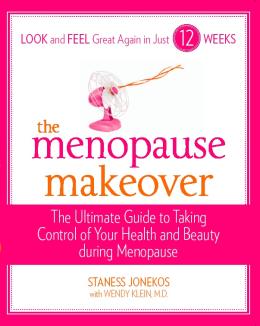Business & Finance Club Magazine - Beauty & Health -- Consumers who opt for organic foods often believe they are improving their health but there is currently no strong evidence that organics bring nutrition-related health benefits, a new research review finds.
A “disappointingly small” number of well-designed studies have looked at whether organic foods may have health benefits beyond their conventional counterparts, according to the review by researchers with the London School of Hygiene and Tropical Health in Britain.
Moreover, they found, what studies have been done have largely focused on short-term effects of organic eating — mainly antioxidant activity in the body — rather than longer-term health outcomes.
Most of the antioxidant studies failed to find differences between organic and conventional diets. The review, published in the American Journal of Clinical Nutrition adds to findings reported last year by the same research team.
In that study, the researchers combed through 162 articles published in the scientific literature over the last 50 years, and found no evidence that organic and conventional foods differ significantly in their nutrient content. For the current review, the researchers were able to find only 12 published studies that met their criteria for evaluating the health effects of organic foods.
“A surprising and important finding of this review is the extremely limited nature of the evidence base on this subject, both in terms of the number and quality of studies,” wrote Dr. Alan Dangour and his colleagues.
Research in the area does appear to be increasing, Dangour’s team noted, with 4 of the 12 studies they reviewed published in 2008 or 2009. But in the future, the researchers add, studies — both in humans and animals — need to be better-designed.
Of the 12 studies the researchers identified, 6 were short-term clinical trials that looked at whether specific organic foods changed markers of antioxidant activity in participants’ blood.
Those trials showed no strong evidence that organic eating boosted antioxidant activity, but the studies were also very limited in scope as they were small — with the largest including 43 men — and lasted no longer than a few weeks. Out of the other 6 studies, one found an association between organic foods and a lower risk of the allergic skin condition eczema among nearly 2,800 Dutch children age 2 or younger.
In that study, parents were surveyed several times about their children’s diet and any episodes of eczema over the first two years of life. Researchers found that children who consumed strictly organic dairy products showed a lower risk of eczema than those consumed conventional dairy foods. However, the study had several key limitations, including its reliance on parents’ reports of eczema and the basic design of the study does not allow for any conclusions about whether children’s consumption of organic dairy was the reason for the lower eczema risk.
While questions remain as to whether organic foods have any extra nutritional value, people buy organic for a number of other reasons as well.
Organic foods are made without the use of conventional pesticides, synthetic fertilizers, antibiotics or hormones — which could potentially reap benefits for people’s health and the environment.
The current review, Dangour and his colleagues point out, did not look for studies on the possible health benefits of reduced exposure to those substances nor did it address the environmental impact of organic food production.











